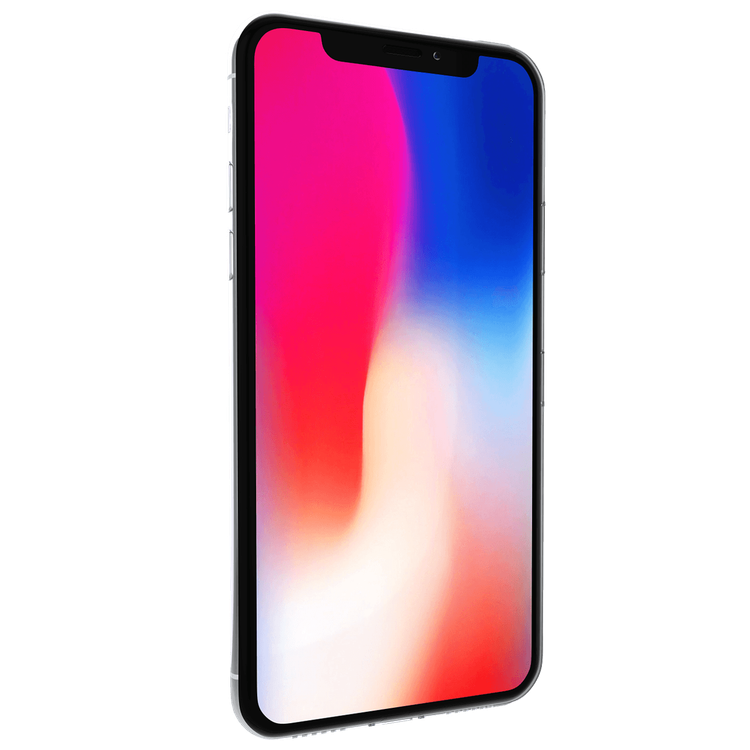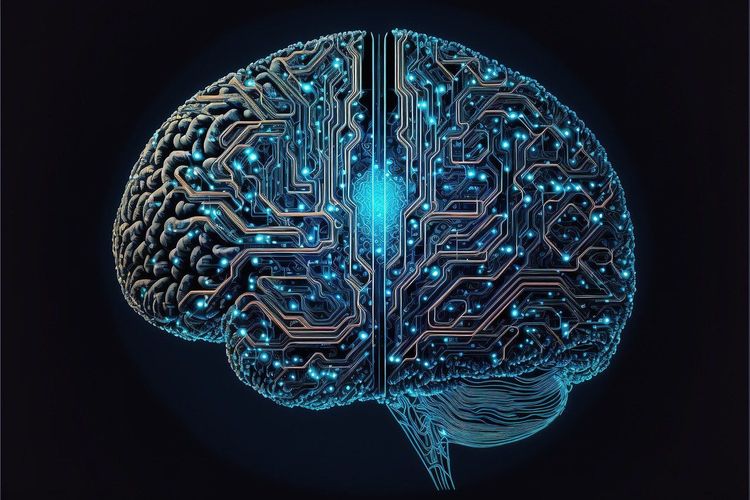Harvey Mason Jr., CEO of the Recording Academy, stirred considerable debate recently by announcing that the Grammy Awards will now accept music created with artificial intelligence. Initially met with confusion, Mason clarified that while only human artists can submit entries, AI can play a role in the creative process.
“It’s a bit of a fine line, but that’s going to evolve,” Mason explained regarding the Academy's position on AI in music. “My hope is that we can continue to celebrate human creativity at the highest level.”
The impact of AI on the arts has sparked widespread discussion, mirroring concerns across Silicon Valley. Many creatives are left questioning: Will AI replace my role? What will happen to copyright and royalties? Mason acknowledged these concerns, noting that while some in the industry are apprehensive, others are optimistic. Some artists have even taken legal action against unauthorized deepfakes, while others are open to receiving compensation for AI-generated versions of themselves.
“I wholeheartedly believe that AI in music shouldn’t even exist,” said musician Devante. “AI should really be limited to simple daily tasks. As an artist, the fear that AI might overshadow my unique identity is a significant concern, given that it took me a lifetime to become what I am.”
“A lot of musicians, particularly those still trying to break through, have a negative view of AI,” said another artist who requested anonymity due to employer limitations. “The industrial revolution didn’t lead to unemployment; it actually increased opportunities. Musicians should embrace this change and adjust their perspectives.”
AI is already being utilized in various areas of music production, particularly in mastering and sound equalization, Mason noted. Key industry concerns revolve around ensuring that artists receive proper approval for their work, ensuring separate credit for human contributions, and guaranteeing fair compensation for both copyrighted materials and artist likenesses.
To tackle these issues, Mason co-founded the Human Artistry Campaign, advocating for stronger regulations concerning AI usage in music. He has also been involved with the ELVIS Act, passed in Tennessee, which provides artists with greater protection against unauthorized voice usage. He supports both the No AI Fraud Act and the No FAKES Act to safeguard creators’ likenesses from fraudulent AI representations.
This issue is pressing and evolving rapidly, often faster than legislative measures can keep up. Recently, Donald Trump has come under scrutiny for using unauthorized AI-generated images of Taylor Swift to promote his presidential campaign. At the time, Mason refrained from commenting, as the ELVIS Act was still too new to provide clarity on artist protections in such situations.
The push for legislative change in the music industry is fascinating, particularly as the topic has ignited intense discussions within Silicon Valley. Some AI developers favor a more relaxed regulatory approach to foster innovation, while others demand protections against the potentially harmful impacts of unchecked AI. This tug-of-war is unfolding across various levels of government in the U.S.
Devante believes there is a disconnect between current AI regulations and what is needed. He advocates for a more measured pace of AI development or innovation that could better protect musicians, such as a filter capable of distinguishing AI-generated vocals from human voices.
“As it pertains to our industry, there’s still uncertainty,” Mason remarked. “We lack the necessary protections, which leads to widespread concern.”
When Mason took the helm of the Recording Academy in 2020, AI was barely on the radar. However, everything shifted in 2023 when a deepfake song featuring unauthorized AI vocals simulating Drake and the Weeknd went viral. The Academy had to act swiftly to address this unprecedented scenario. “That was the moment we had to start paying serious attention,” Mason said.
Although the song was ruled ineligible for the Grammys and subsequently removed, its impact was significant. The most prominent AI controversy since then again involved Drake. In the midst of a feud with Kendrick Lamar, he used unauthorized AI vocals imitating the late Tupac Shakur in a diss track, prompting the Tupac estate to threaten legal action for misuse of likeness.
Meanwhile, producer Metro Boomin, who has his own grievances with Drake, released an AI track titled “BBL Drizzy,” which garnered fan enthusiasm, even after they discovered it was AI-generated. Mason observed that many consumers may not realize when AI is involved in the music they enjoy, underscoring the importance of protecting creators.
“I don’t think people care what they consume,” agreed Devante. “It’s often a ‘not my problem’ mindset.”
Despite these challenges, Mason feels that humans will adapt to coexist with AI, much like they have with previous technological advancements. Artists once learned to navigate synthesizers and sampling, despite initial resistance and legal issues. Over time, the industry established standards for credit and royalties.
“We will continue creating great music with new technology,” Mason affirmed. “However, I want to ensure that this is achieved fairly for human creators.”
This article has been updated to clarify details regarding the AI song involving Drake and the Weeknd.







